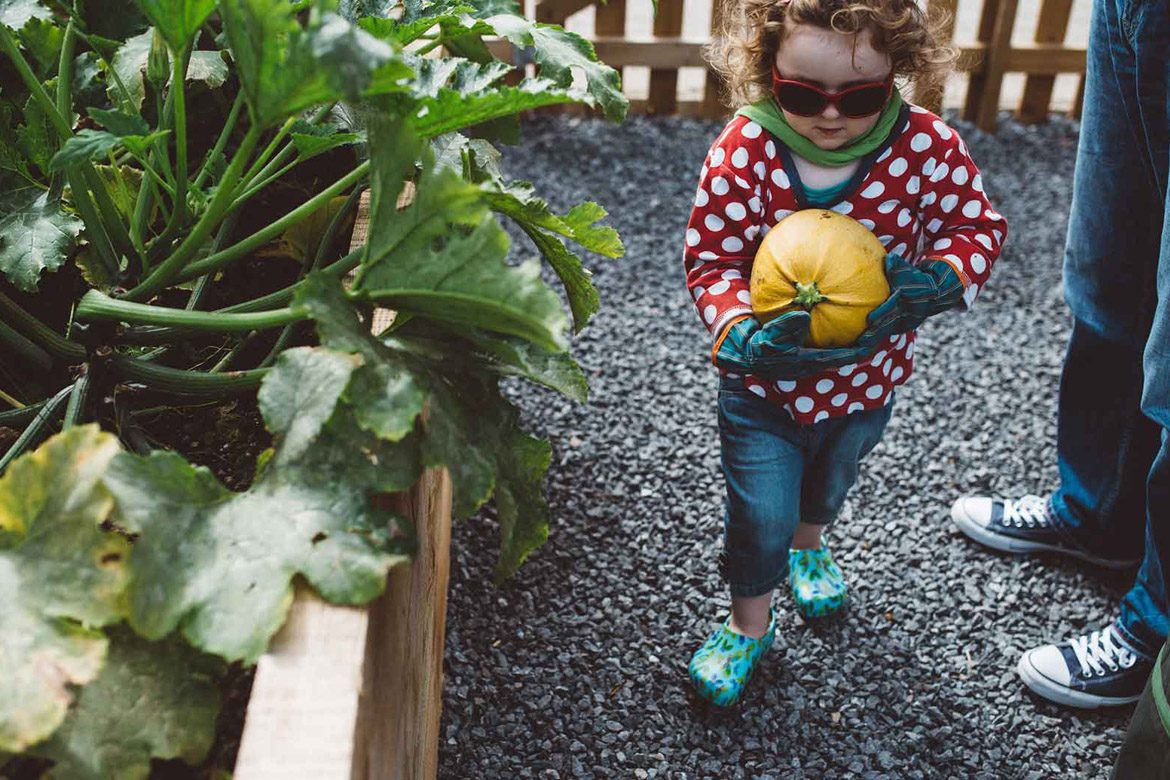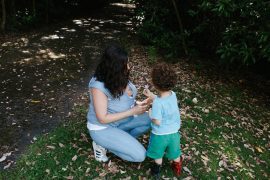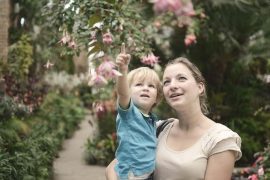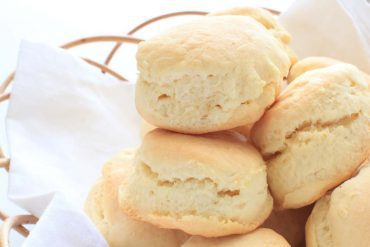By Alex Koster
Since I was a child I’ve had a great love for food. Not just a love for eating but a curiosity for trying new things, being in the garden, helping out with the cooking or sourcing and foraging for wild delicacies. Both my mum and dad were passionate about raising us healthily and most of our food came from our own garden, the nearby forest or local food producers like the lovely old man that kept his own chickens in his back garden in the next village, our old neighbour who reared a couple dozen rabbits, or the nearby farm selling their own free range chickens. We were a very normal family and when we were children, lunch or dinner in a restaurant was for very special occasions only. Italian, Chinese or Indian restaurants had not yet filtered into rural communities and food was healthy and traditional with many recipes carried forward from my grandparents.
My yearly highlight was visiting my godmother for a couple of weeks in my summer holidays, who not only had a treasure chest of a garden, growing an exotic bounty like peaches, apricots, asparagus or figs, but herself and her husband have always loved the finer things in life. They live on the French border and her cooking and taste in food really reflects this. She introduced me to “fancy” delicacies such as mussels, scampi, avocados, mango, etc. Which at that time were certainly rare and exotic and I always got such a thrill out of experiencing new flavours.
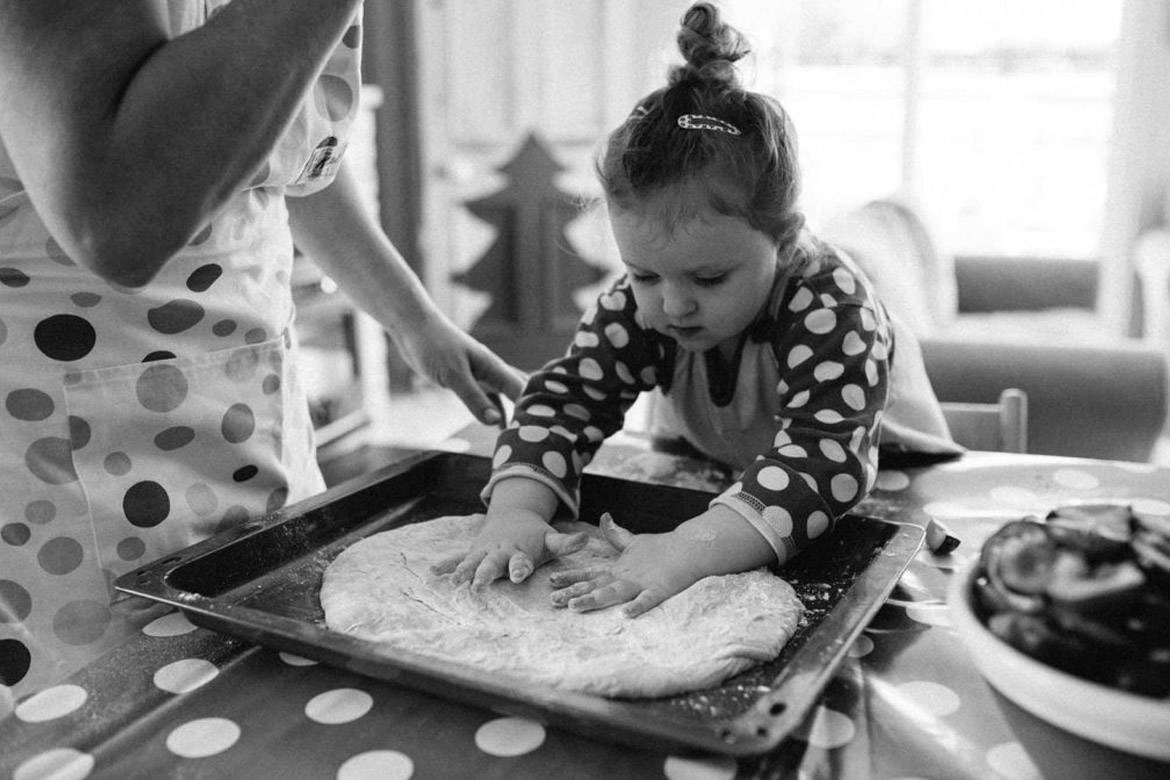
Food was always so much more than just fuel though. I am very lucky that my mum has a great knowledge of and interest in the healing properties of different foods, herbs and spices, and from a young age I have used food to consciously nourish my body or even as medicine to support my health. Through the years I fed, pardon the pun, my near obsession with food by studying and reading about different traditions; recipes from all over the world; gardening, nutrition and specialised diets; herbalism and other healing properties in food. And we can’t, in my opinion, underestimate the effects a good or bad diet can have on our overall health and wellbeing.
Even before I became a mum myself, from my experience as a teacher I noticed that healthy eating was not a big priority in many households, which was reflected in children’s lunchboxes. Children seem to have a limited knowledge about food items and especially where their food comes from. Even though in theory, schools have healthy eating policies in place, there seems to be a misconception that just the absence of sugary treats is the equivalent of a healthy snack or lunch. I truly believe that among other things our modern lifestyle, the availability of processed convenience foods and what advertisers profess to be healthy is the cause for much confusion and the loss of important knowledge about nutrition. Just because a yoghurt is fat-free and sugar-free doesn’t make it healthy.
There needs to be more education for both adults and children about nutrition and food labels, what is healthy and what isn’t. Parents are trying their best to do the right thing for their children and they are often not even aware of the ingredients in many foods, being swayed by slogans such as “low fat”, “wholegrain”, “high in calcium” or “sugar-free” for example.
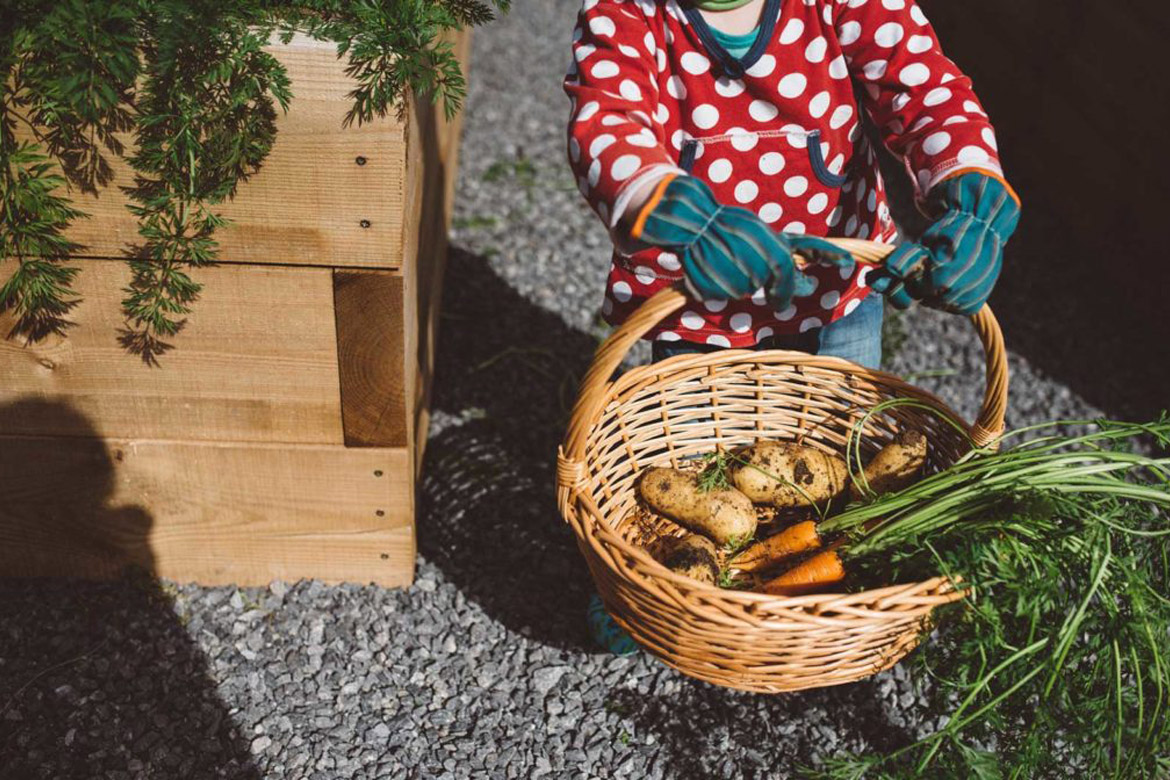
Children love to learn through direct experiences and being actively involved. Let them help with the cooking, bring them along to farmer’s markets or local food producers, let them see first-hand where their food comes from. We don’t need a big garden to grow our own food. Children are fascinated even to see some seeds sprout in a container on the windowsill or some flower pots on the balcony.
See next page for more…

